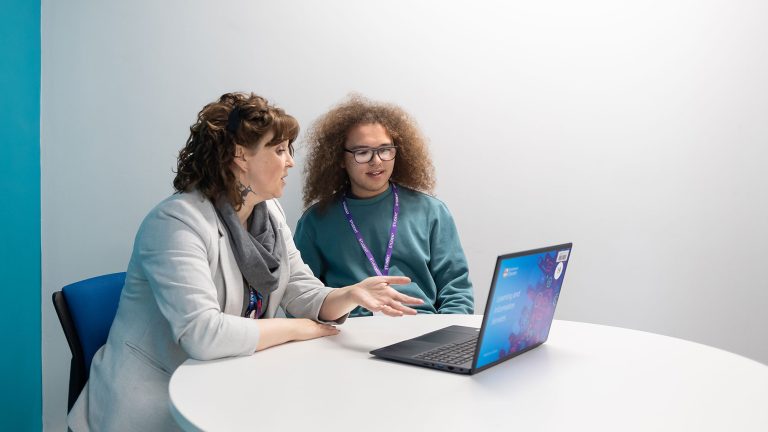Library webinar: Literature searching for your systematic review
Start Date: 19 November 2025 10:30 am
End Date: 19 November 2025 11:30 am
Location: https://teams.microsoft.com/l/meetup-join/19:meeting_NmZiYTc4OGUtNzc1Yi00ODc1LTlmZTctYjhhOWY5MDRkMzQw%40thread.v2/0?context=%7b%22Tid%22:%2218843e6e-1846-456c-a05c-500f0aee12f6%22%2c%22Oid%22:%22ed4cb53f-6ab3-4582-957e-3be8ebbc007d%22%7d
This session will enable you to:
- Think strategically and critically about your literature search
- Create a search strategy for a systematic literature search
- Identify key relevant resources for your search
- Apply advanced search techniques and retrieve relevant literature
Any questions? Please contact Debbie Spencer d.spencer@chester.ac.uk




